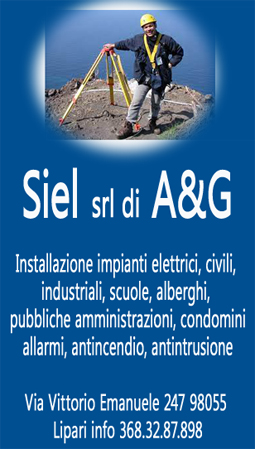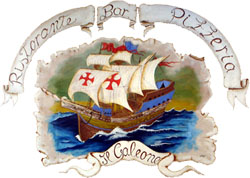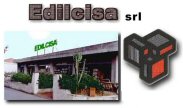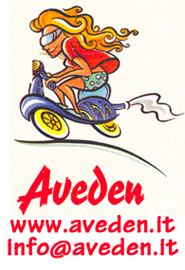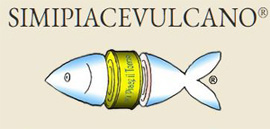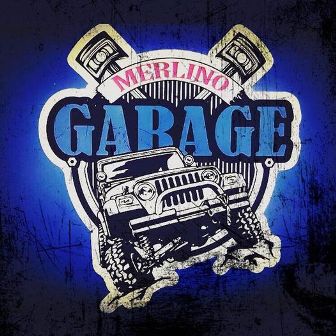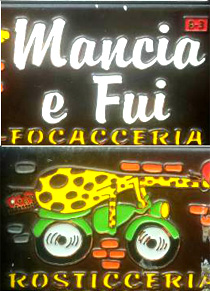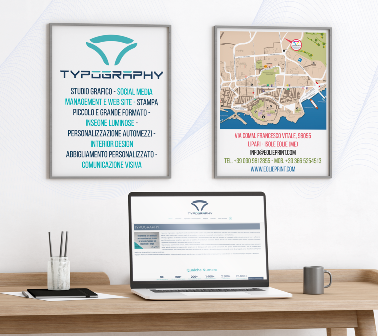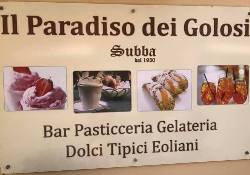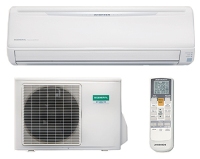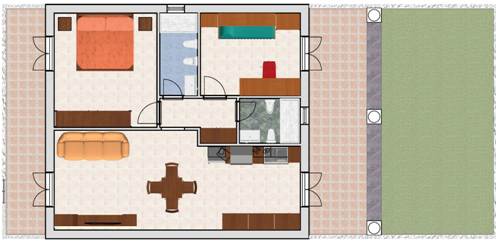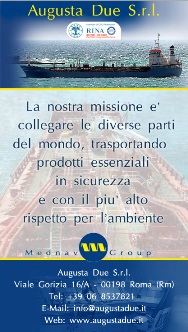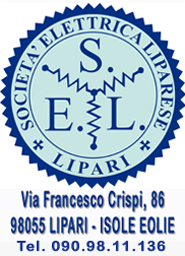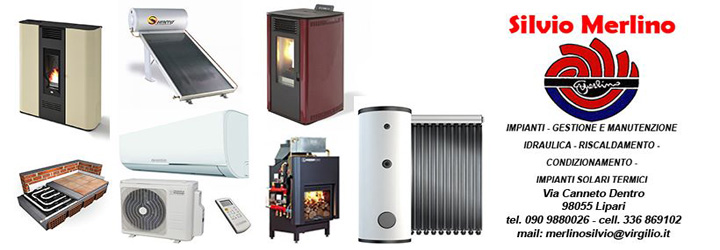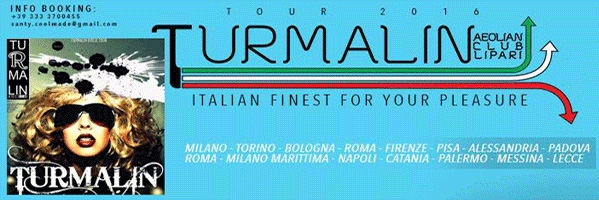Caro Bartolino, come stai? Impegni a tutto campo? Sempre di corsa... immagino...in un mondo fantastico...
come stai? Impegni a tutto campo? Sempre di corsa... immagino...in un mondo fantastico...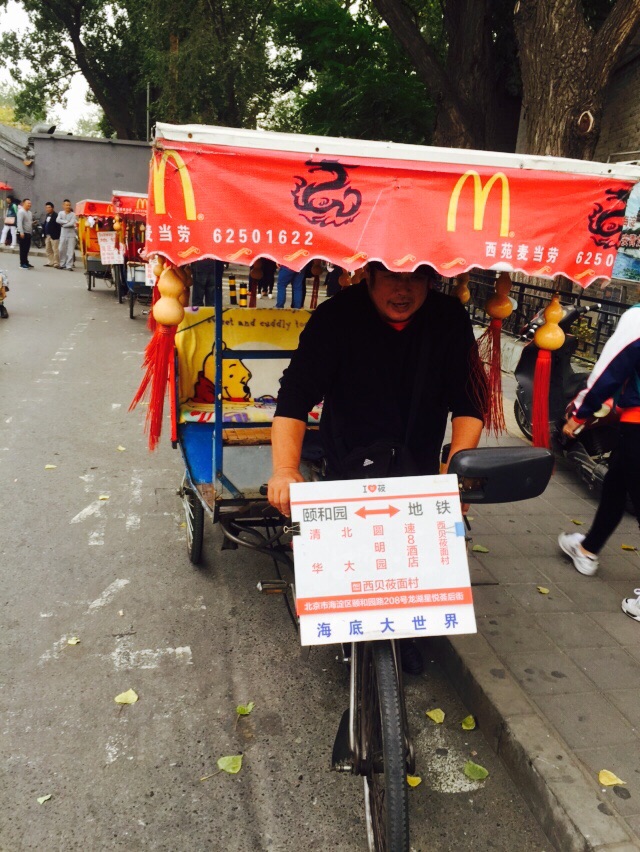
Tutto ok dopo " l'anatra laccata alla Pechinese"...?
Leggo dal tuo reportage...che a Pechino la gente ama andare in bici e che la città è pulitissima....Da noi è tutto il contrario...la gente ha sempre più paura di andare in bici e le città non sono troppo " pulite"...qui a Torino si aspetta la pioggia per vederle..." leggermente pulite".
Scusa se ti pongo una domanda...ma come si pagano le tasse a Pechino? Mi sembra una domanda che interessi parecchi di noi...Tuoi lettori...ed Amministratori. et similari...Sindaci in affanno di liquidità...etc... gente comune spremuta ...ed altri con “Barche e Ville”...
Come è il sistema in vigore...dopo Mao? Capitalista? Comunista? Socialista? Democristiano? Renziano? Berlusconiano?
Come si produce tanta ricchezza che fa tremare i polsi? Come si possono acquistare tante automobili di lusso? Ci sarà un motivo! E quanti sono i grattaceli? Chi ci abita? Chi ci lavora?
A proposito...non leggo di Angelo Sidoti .... da un po' di tempo...i suoi bei reportages fiscal-societari, che mi piaceva leggere...spesso assai critici...ma sempre puntuali e strutturati con perizia e chiarezza espositiva. Forse mi sono sfuggiti i suoi ultimi brillanti interventi.... ha avuto forse delle noie? Spero di no!
Ti allego una breve nota che trovi sul web
sul Sistema delle Tassazioni in China...
Ti abbraccio. Michele
Caro prof. Sequenzia,
ho avuto questa fortuna “cinese” e ci vivo dentro fra una buona anatra e l’altra. L’altra fortuna é che ho conosciuto un fiscalista cinese che a cenni “inglesati” mi ha spiegato che anche in Cina le tasse sono “nazionalimpopolari”. Qui, il sistema fiscale sugli stipendi percepiti é gravato di tributi e tasse che si dividono in 8 categorie. Anche in Cina esiste l’imposta sul valore aggiunto insieme ad un’imposta progressiva sui redditi individuali, variabile dal 5 al 45%. Esiste la tassa di successione e una specie di I.C.I. La Cina é una Repubblica popolare che ha un suo sistema politico-economico che si avvia verso un sistema capitalistico. Il governo ha rilasciato delle dichiarazioni ufficiali, sostenendo che lo stato debba essere governato da strutture democratiche. per tutto questo il lusso si sposa con i grattacieli dove imprenditori arrivano da tutto il mondo per fabbricare tutto per il mondo. Il caro eolia-torinese Angelo Sidoti credo che sia serenamente e severamente impegnato, anche se ha tutti i numeri sempre in testa, per le noie può solo rispondere lui. Noi non ci a...noie...remo mai.
Cinesando col “Notizialio” un saluto pechinese.
Abbiamo il piacere di pubblicare il Tuo allegato.
CHINA and the system of taxation-2015 ( west standard)
Under the current tax system in China, there are 25 types of taxes, which, according to their nature and function, can be divided into the following 8 categories:
a) Category of turnover taxes. It includes 3 kinds of taxes, namely, Value - Added Tax, Consumption Tax and Business Tax. The levy of these taxes are normally based on the volume of turnover or sales of the taxpayers in the manufacturing, circulation or service sectors.
b) Category of income taxes. It includes Enterprise Income Tax (applicable to such domestic enterprises as state-owned enterprises, collectively-owned enterprises, private enterprises, joint operation enterprises and joint equity enterprises), Income Tax on Enterprises with Foreign Investment and Foreign Enterprises, and Individual Income Tax. These taxes are levied on the basis of the profits gained by producers or dealers, or the income earned by individuals.
c) Category of resource taxes. It consists of Resource Tax and Urban and Township Land Use Tax. These taxes are applicable to the exploiters engaged in natural resource exploitation or to the users of urban and township land. These taxes reflect the chargeable use of state-owned natural resources, and aim to adjust the different profits derived by taxpayers who have access to different availability of natural resources.
d) Category of taxes for special purposes. These taxes are City Maintenance and Construction Tax, Farmland Occupation Tax, Fixed Asset Investment Orientation Regulation Tax and Land Appreciation Tax. These taxes are levied on specific items for special regulative purposes.
e) Category of property taxes. It compasses House Property Tax, Urban real Estate Tax, and Inheritance Tax (not yet levied).
f) Category of behavior taxes. It includes Vehicle and Vessel Usage Tax, Vehicle and Vessel Usage License Plate Tax, Stamp Tax, Deed Tax, Securities Exchange Tax (not yet levied), Slaughter Tax and Banquet Tax. These taxes are levied on specified behaviour.
g) Category of agricultural taxes. The taxes belonging to this category are Agriculture Tax (including Agriculture specialty Tax) and Animal Husbandry Tax which are levied on the enterprises, Units and/or individuals receiving income from agriculture and animal husbandry activities.
h) Category of customs duties. Customs Duties are imposed on the goods and articles imported into and exported out of the territory of the People's Republic of China.


 393.97.18.272 - 393.97.18.431
393.97.18.272 - 393.97.18.431





















